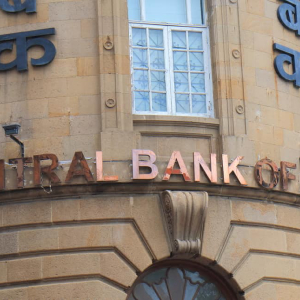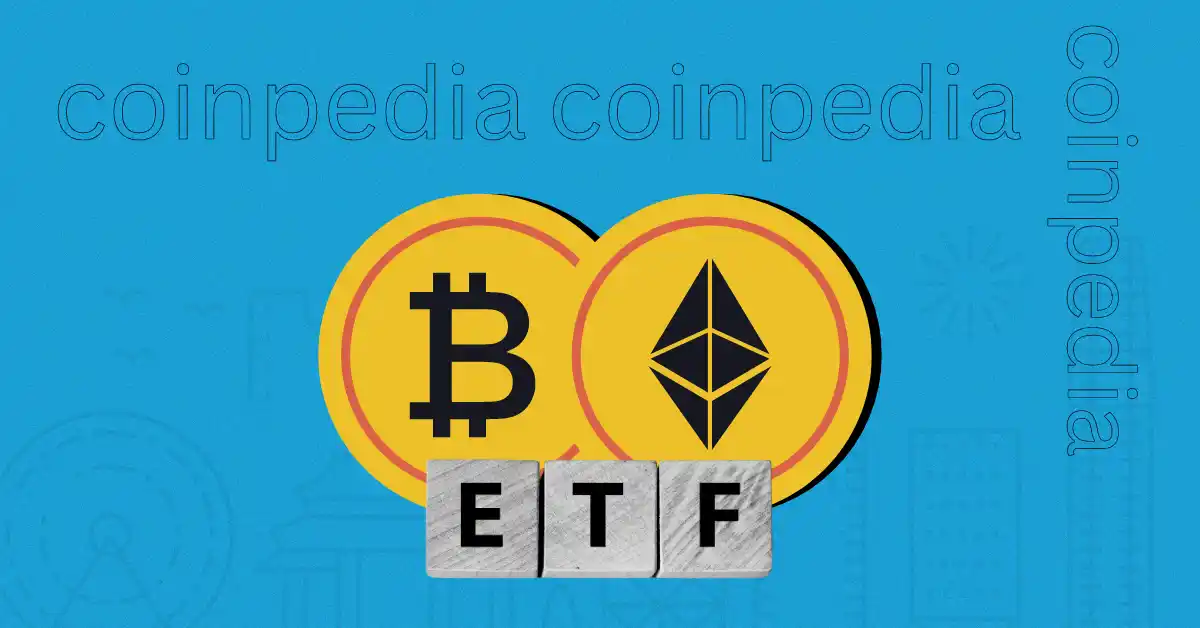The U.S. Commodity Futures Trading Commission (CFTC)’s fintech innovation hub LabCFTC has issued a Primer on smart Contracts, consistent with an official announcement November. 27.
The primer is LabCFTC’s second fintech-educational publication, the primary being its Oct 2017 primer on virtual currencies. As outlined by the lab’s director Daniel Gorfine, the new primer engages with blockchain-enabled smart contract technology, that he notes “[Is] being employed to drive additional automation in our markets and should have an impact across a range of economic activities.”
LabCFTC’s primer opens with a definition of sensible contracts as “a set of coded computer functions” that enable “self-executing coding system to require actions at given times and/or based on respect to the incidence or non-occurrence of an action or event.”
It sets out to explore a range of their potential applications, from rudimentary looped code for vending machine dispensal to a lot of advanced instances like self-executing insurance and settlement of credit default swaps.
While recognizing the far-reaching potential advantages of using smart contracts — that include increased market efficiency, secure identity verification, machine-driven trade execution, and prompt regulatory reporting — the primer outlines many risks and challenges for regulators to tackle.
These are deemed to incorporate the introduction of “operational, technical and cybersecurity” risks, as well as of fraud and manipulation. The CFTC argues that measures should be taken to mitigate their potential use for the unlawful circumvention of rules, and that liability mechanisms and smart governance standards are needed to properly attribute responsibility and tackle dispute resolution within the case of misconduct or practical error.
The primer additionally outlines the remit of the CFTC’s oversight, highlighting areas wherever CFTC-regulated entities might have use for smart contracts, significantly within the money sector. several discussions of smart contracts, the document suggests, “use derivatives as examples,” as these “may be readily digitized and coded.” a smart contract could modify the fulfilment of a range of existing contracts like forward, futures, choices and swaps, it notes.
The research lab additionally tackles smart contracts’ interaction with legal frameworks, emphasizing that “existing law and regulation apply equally regardless what type a contract takes.” Contracts or their constituent components, whether or not or not they're written in code, stay subject to “otherwise applicable law and regulation.”
As according, an impressive example of technical risk was raised this October by a group of analysts from Northeastern University and also the University of Maryland. Their analysis argued that almost all Ethereum (ETH)-based smart contracts are “direct- or near-copies of alternative contracts,” carrying the chance that a copied smart contract contains a vulnerable or a buggy code, that is then duplicated across the scheme.
To know more on Cryptocurrency and Blockchain events, follow us on Facebook, YouTube, Twitter, LinkedIn, Reddit, Telegram, BitcoinTalk, and we are also on Medium now.

Categories:















